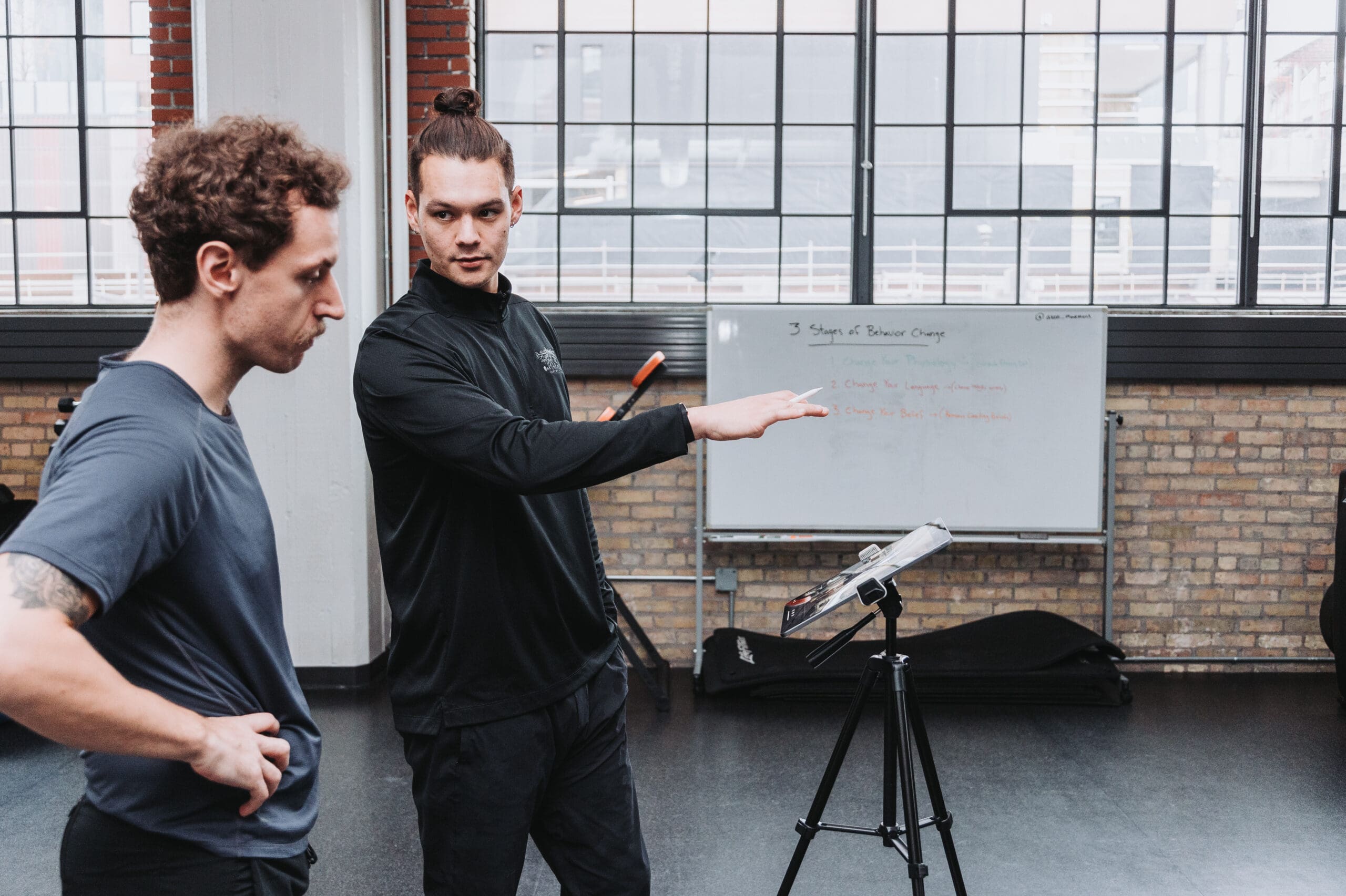Running is a very simple activity, but it can get complex very fast. One day you decide to grab a pair of running shoes from your local run store and the next day you are preparing for your 5th marathon.
Throughout your career as a runner, you will run into a lot of highs, but lows will follow. It is cyclical and you can’t have one without the other. Whether that is an injury, plateau, burnout, something will eventually pop up. That doesn’t mean that we can’t try and avoid them and limit the number of negatives we see in the sport. In order to do that, we must have the right programming.
Below are some of the most common programming errors I see from runners that lead to low points in their running journey.
Not easy enough on easy days
I’ve done it, you’ve done it, we’ve all done it. We get excited, we like to chase times, etc. Can you talk/sing while you are running “easy?” That is my favorite test to determine whether or not you are truly at a comfortable pace for you. Another fun way is to take your age and subtract it from 180. Whatever that number is roughly where your HR should stay below. (The Maffetone Method)
Not hard enough on speed days
The other side of the spectrum is that I’m seeing a lot of individuals not go hard enough on their speed days. This could be because they are tired from running too hard on their rest days, not believing in themselves, not pushing hard enough, etc. A coach can really help develop the specific paces you should be hitting in workouts based on previous PRs.
*Side note! If you are just getting into running, DO NOT think about your easy pace, hard pace, or heart rate. Just go and run and get used to running. Everything will feel hard esq. for a while.
Chronic Marathoning
This one is a fun one in the recreational world as so many athletes out there have ‘A’ goals surrounding the marathon distance. I see this all the time; you finish a marathon build and then 6 weeks later you are already doing marathon pace work again. Look, it’s cool and flashy, but running your marathon pace all the time is going to likely lead to a negative outcome. Periodization is the name of the game and there really is not much reason to be doing marathon pace workouts until block 3 or 4.
Too long of long runs
15-30% of your weekly mileage is your long run. Long runs are so hard on your body, especially when doing them at the wrong times or doing them improperly. This is such an easy way to pick up an injury.
Not explosive/heavy enough in weight room
There is a time and place for every exercise, ever set/rep range, every tempo, etc. However, the majority of the time, you should be lifting in a 3-6 set range and a 5-8 rep range. Dynamic movements maybe longer, depending on what you are doing. (Example would be jump roping for 30 seconds instead of doing 8 hops).
Training based on where we want to be, not where we are.
I’m going to use myself for an example. I would like to run a sub-3-hour marathon this year, but my PR in the marathon is 3:17. Instead of training at the split times of the 3-hour marathon and hoping I can hit times, I will train at the split/speed times of a 3:17 marathoner and work to progress those numbers. Start where you are, not where you want to be. NOW – disclaimer. As I get faster, I will have shorter race distances dictate new training paces. I will not be training as a 3:17 marathoner the entire build. That progress. My point is to start where you are, not where your goal is.
If you need help developing what those workouts and splits look like, work with a coach!
Not thinking about the other areas of your program
Most runners are very consistent and good at running. There is a very good chance you are over doing it on the run side and under doing it on other aspects of your program. Ask yourself these questions and answer them honestly, if you know the answer is not a good one, re-think your training before something forces you to stop.
- How many hours of sleep are you getting a night?
- Are you doing enough strength training?
- Do you feel like you have good joint mobility?
- Are you muscles at the proper flexibility range you would like?
- What types of foods are you eating?
- Are you eating enough?
- Do you have a social life?
- Are you tired during the day?
These 7 items are things I am seeing a ton when I work with my athletes. It’s all about the program and ensuring you are building/following a proper one 🙂
Peace!
close X
